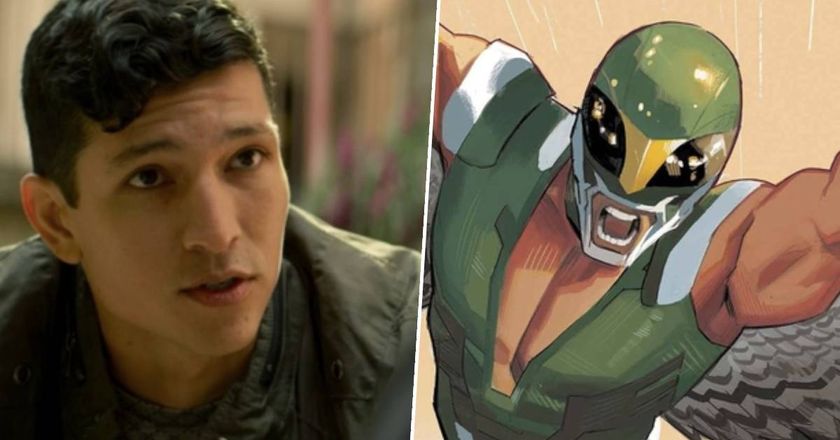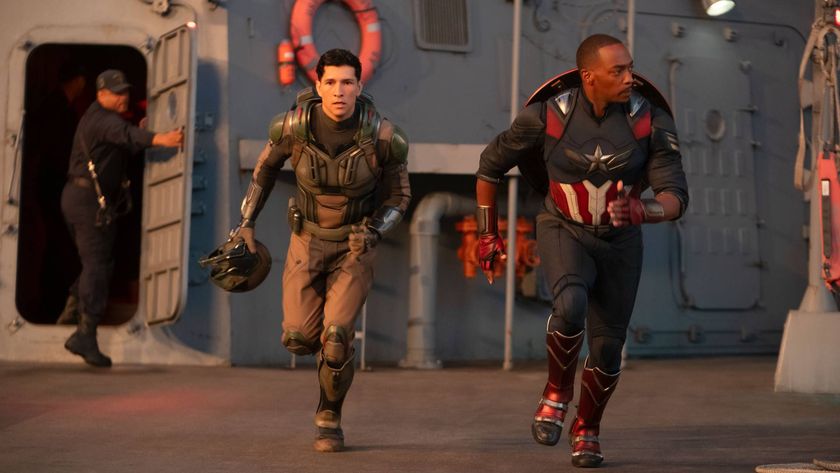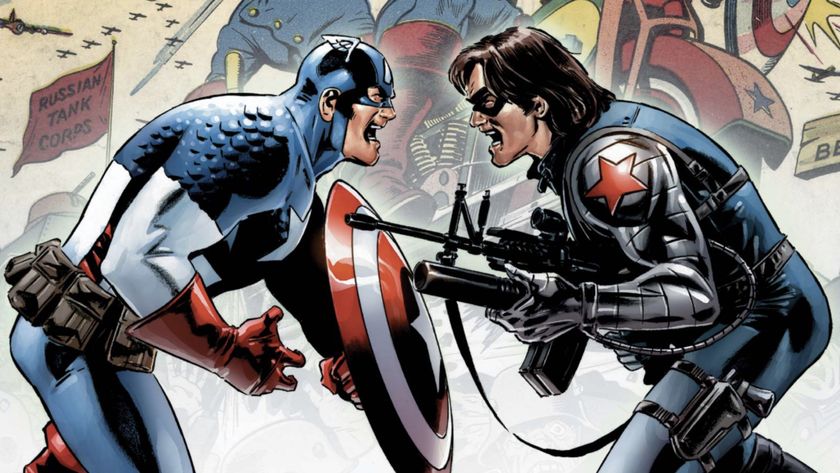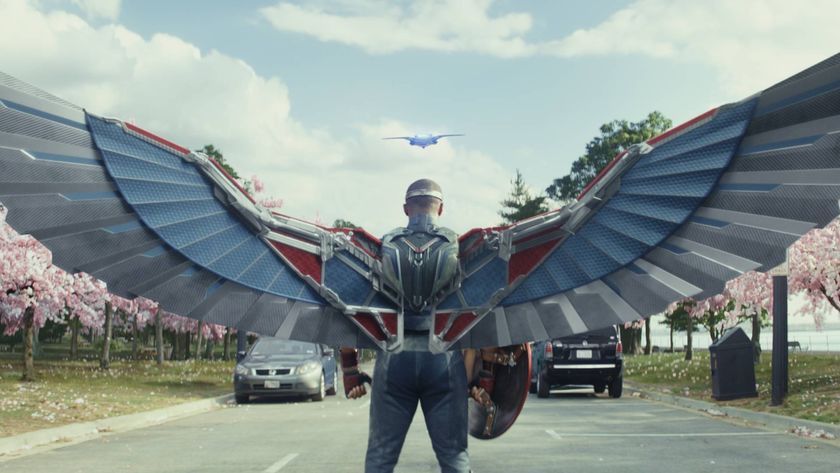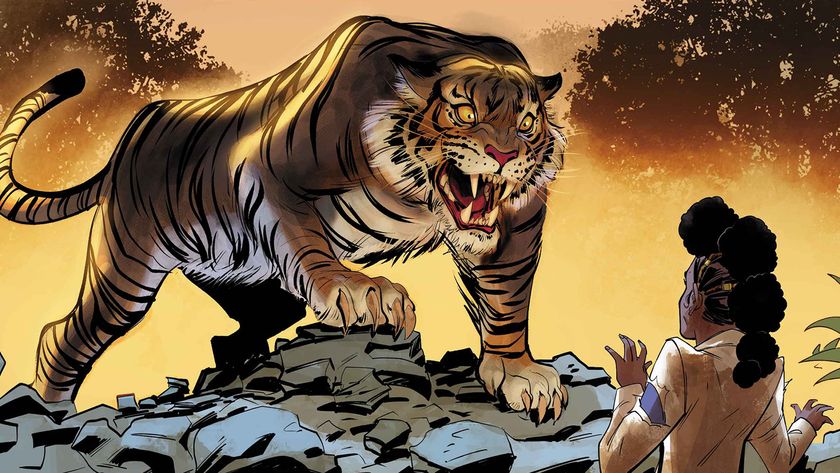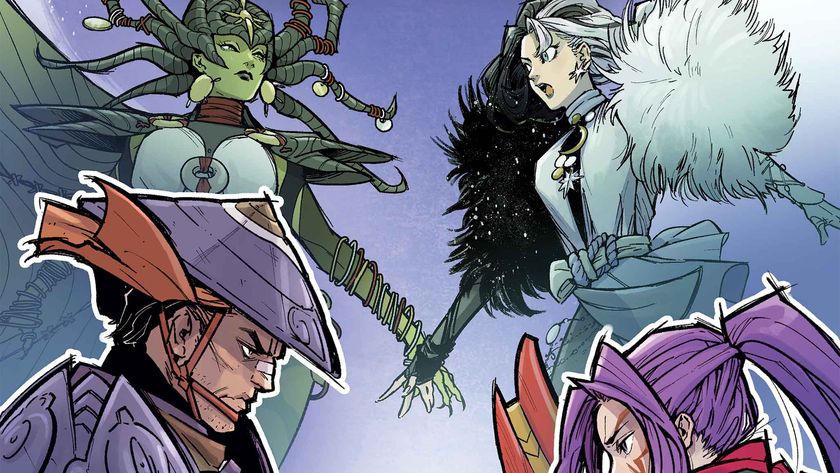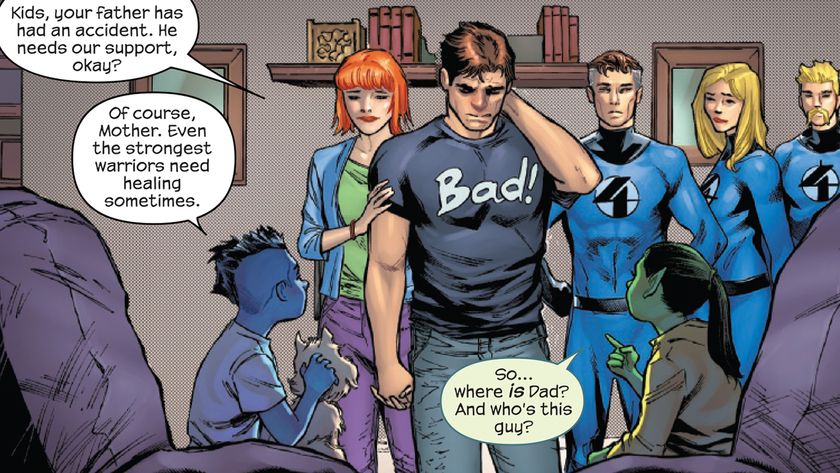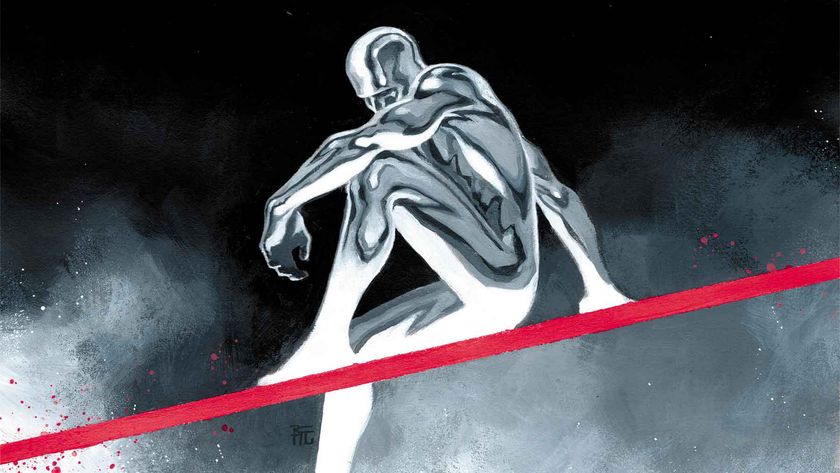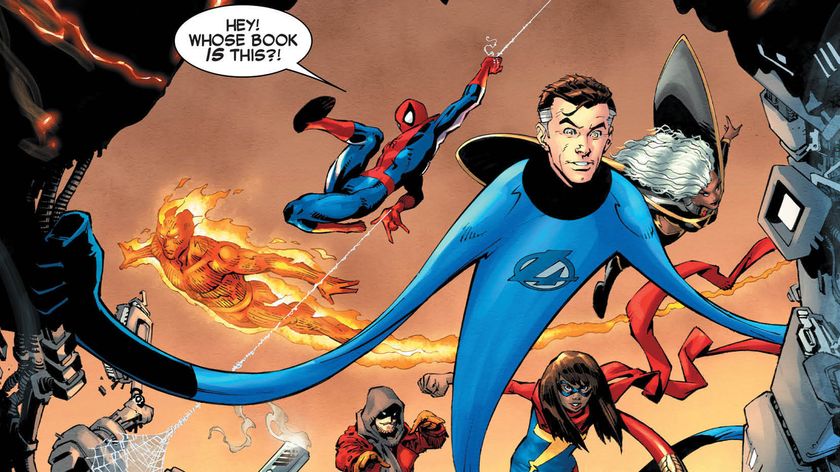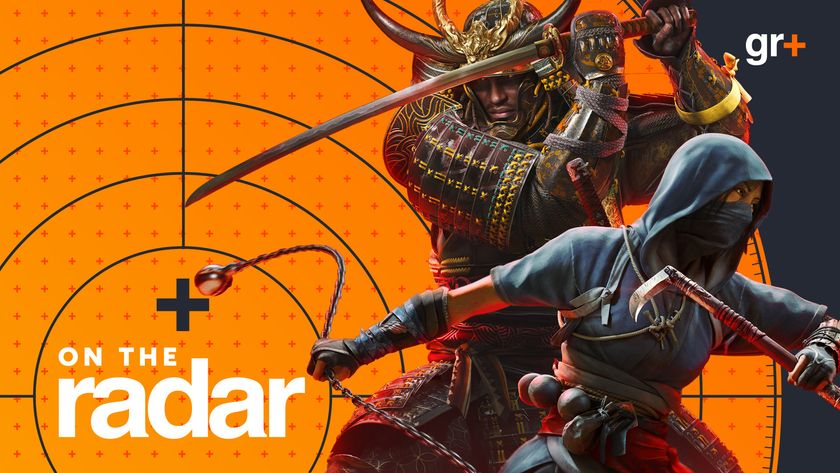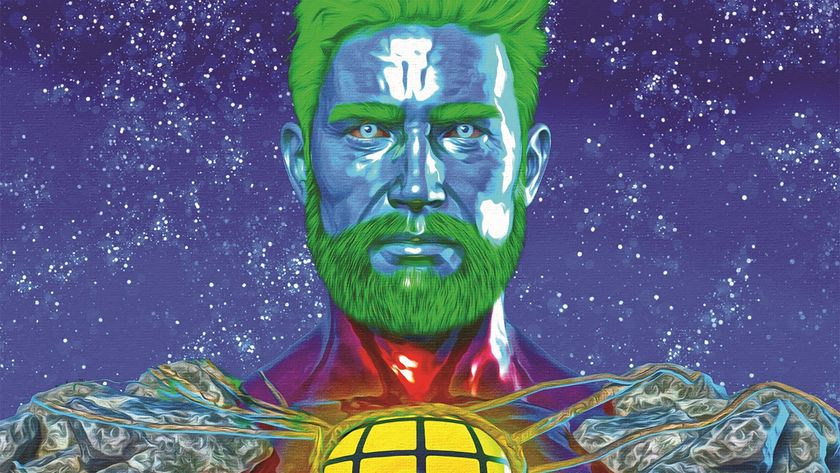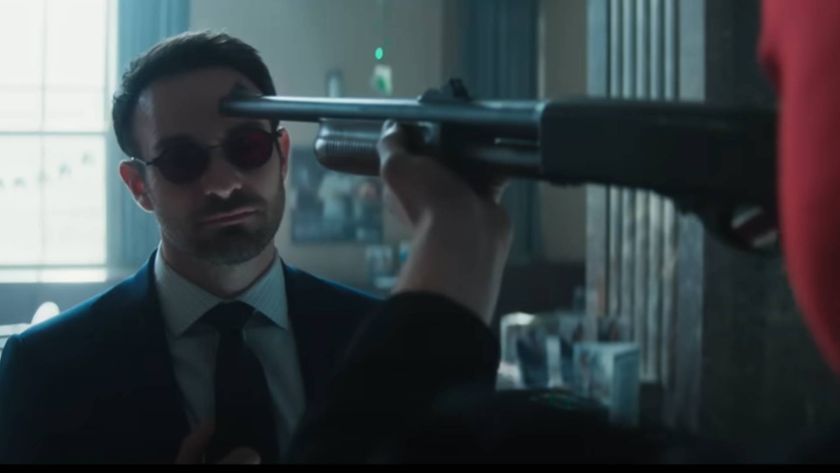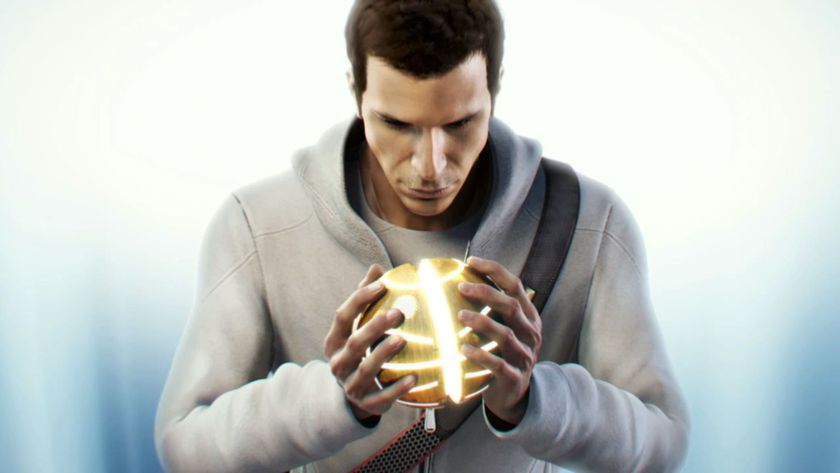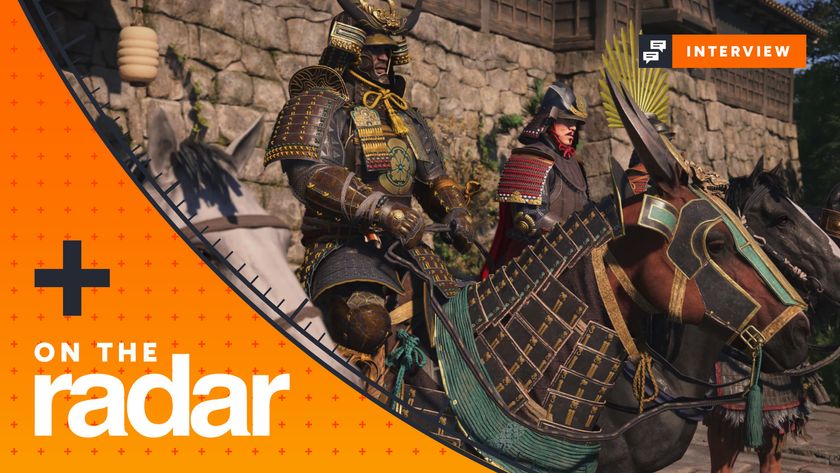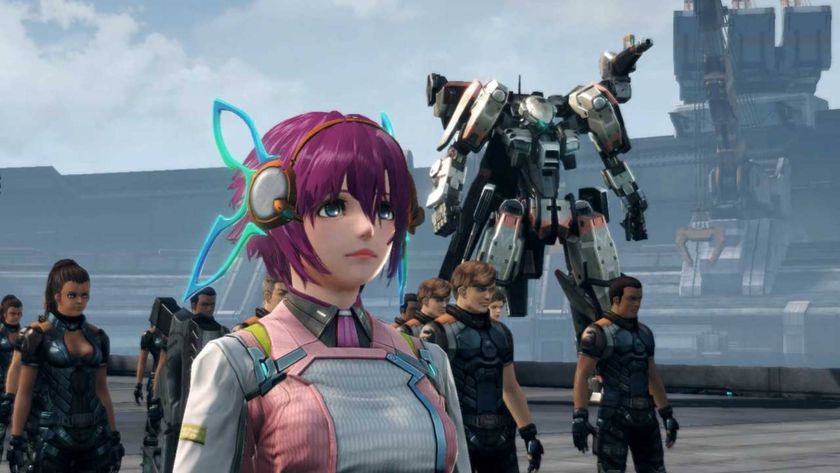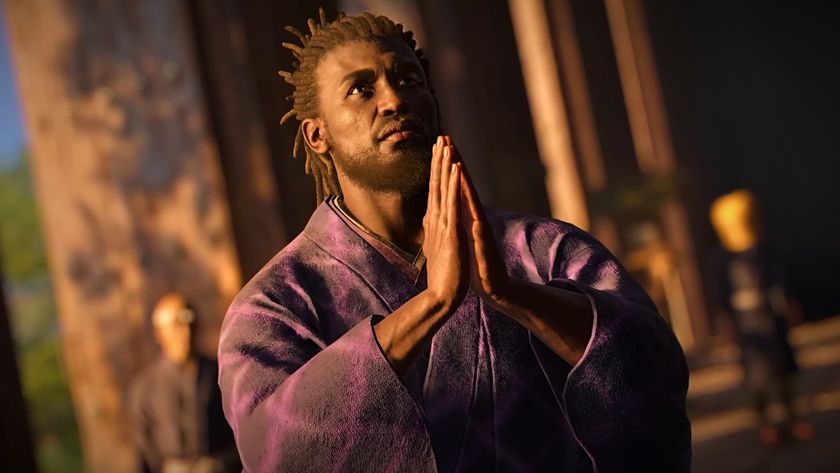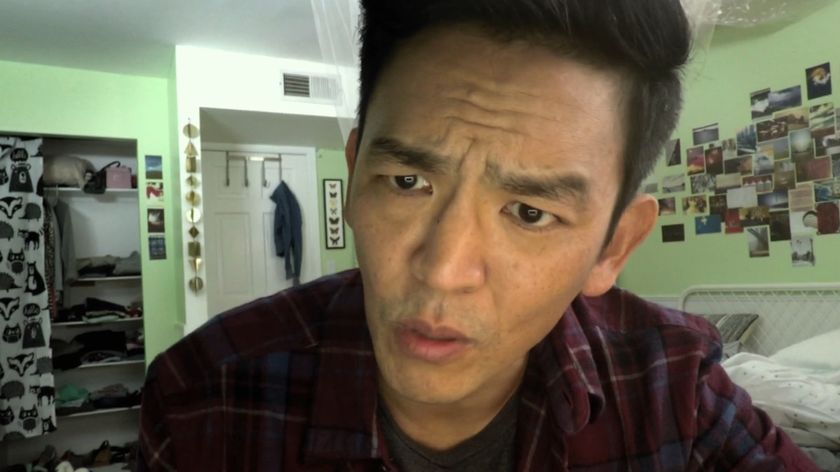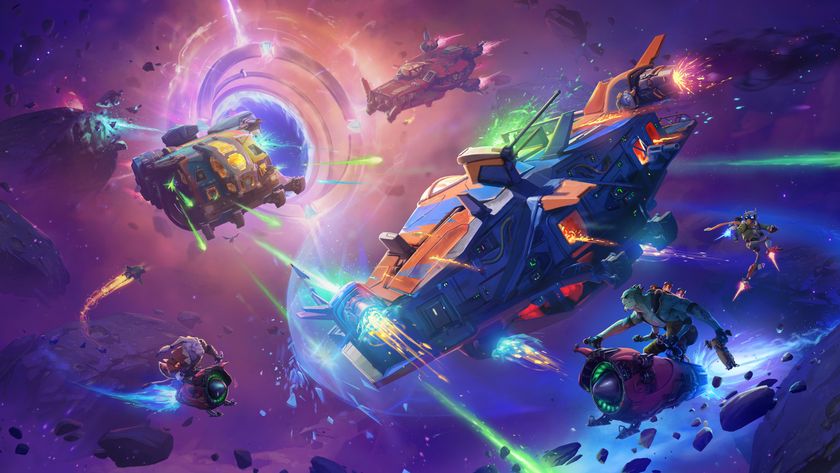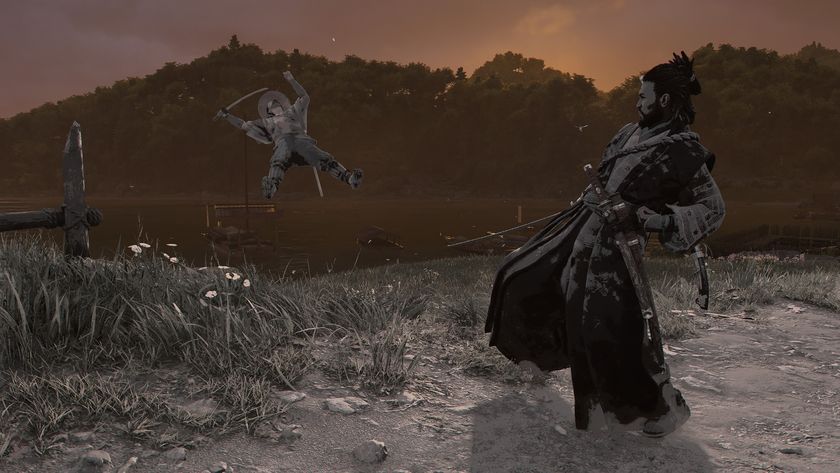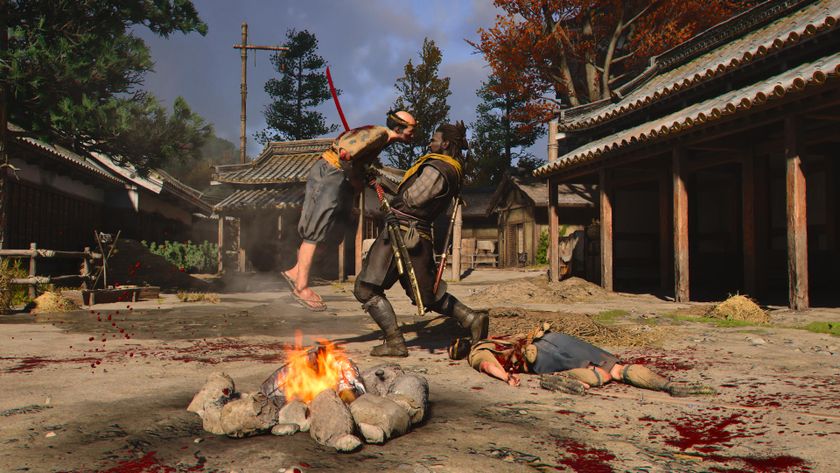Marvel's The Falcon and the Winter Soldier's Isaiah Bradley explained
The Marvel comic book history of the superheroes Isaiah Bradley and his grandson Eli Bradley
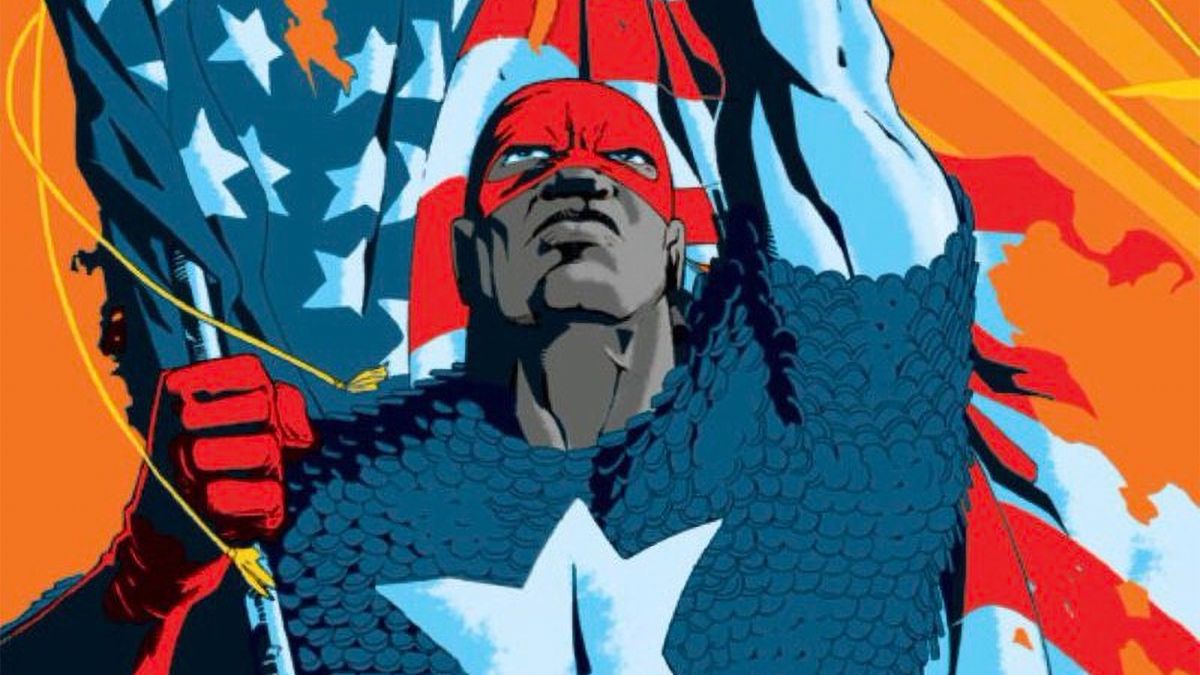
An important aspect of Sam Wilson's now completed journey to becoming Captain America has come full circle, with the finale of The Falcon and the Winter Soldier offering some closure for Isaiah Bradley along with Sam's newfound resolution to fight for what he believes is right.
Isaiah and his grandson Eli are left with a new understanding and a new relationship with Sam Wilson, one that informs not just where the mantle of Captain America has been, but where it's going next.
With Isaiah Bradley getting his due in the MCU, we're looking back at the hidden story of one of Marvel's least known but most important heroes.
Isaiah's comic book history and superhero career are among some of the most tragic, triumphant, and unsung parts of Marvel Comics lore, and he and Eli's appearances are helping shed new light on the sometimes secret legacy of Captain America in the MCU.
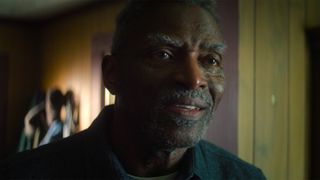
If you never heard of Isaiah Bradley before The Falcon and the Winter Soldier, we dig into his story and explain everything you need to know about who Isaiah and Eli are, and how their heroic legacy defines a chapter of the Marvel Universe that reflects one of the darkest stories in real American history.
Who is Isaiah Bradley?
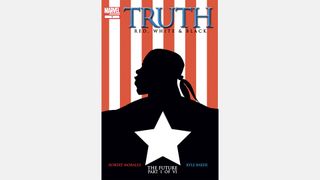
Isaiah Bradley (played by Carl Lumbly, known for voicing J'onn J'onzz in Justice League Unlimited) is one of the lesser-known heroes to bear the identity of Captain America. For most people both in the Marvel Universe and the real world, his name is likely a totally unknown commodity in the world of super-heroics. And at least in the Marvel Universe, that's almost by design, as Bradley's tragic story hides a key part of the political realities behind the Super Soldier program.
Created by writer Robert Morales, artist Kyle Baker, and editor Axel Alonso in the 2004 limited series Truth: Red, White, and Black, Isaiah Bradley is one of a number of test subjects, all Black men, who were dosed with experimental versions of the Super Soldier Serum that empowered Steve Rogers as part of a World War II ear program designed to recreate the success of the Captain America program.
Comic deals, prizes and latest news
Get the best comic news, insights, opinions, analysis and more!
Isaiah was originally a soldier stationed at Army base Camp Cathcart, which is home to a unit of Black soldiers. 300 of the soldiers were subjected to experiments conducted by a German eugenicist scientist named Dr. Wilfred Nagle. Nagle's experiments resulted in the deaths of all but five of the test subjects, of whom Isaiah Bradley was one of the survivors.
The remaining test subjects were killed along with their families and loved ones in order to cover up the horror of having murdered 295 people in an ultimately failed experiment.
Isaiah's story echoes the Tuskeegee Syphilis Study (also known as the Tuskeegee Study of Untreated Syphilis in the Negro Male), in which 600 impoverished Black men from Alabama were promised free healthcare by the Centers for Disease Control and the United States Public Health Service as a part of a study that they were told would last six months.
However, 399 of the men had undiagnosed and untreated syphilis which the CDC and USPHS hid from the patients, using their diagnosis to extend their study for over 40 years from 1932 to 1972, leaving hundreds of Black men debilitated with degenerative syphilis in one of the most horrifying violations of medical ethics and human rights of the last century.
The five surviving Super Soldiers, Isaiah included, are sent overseas to fight Nazis – however, only Isaiah survives. Taking up a spare costume and a backup shield meant to be used by Steve Rogers/Captain America, Bradley finishes his mission solo but is captured by Nazis. After being rescued from Nazi experimentation, Bradley is court-martialed for stealing the Captain America uniform, and jailed in Leavenworth Penitentiary from 1943 to 1970, when he receives a pardon from President Eisenhower and is set free.
After his release, Bradley – still young and vigorous thanks to his Super Soldier Serum – becomes an underground hero of the Black community, a symbol recognized as a defender of those who need Captain America most. Though most white heroes – including Steve Rogers himself – are ignorant of Bradley's legacy and career, Black heroes such as Monica Rambeau, Luke Cage, and the Falcon hold Bradley in high reverence. He's also shown to be a hero and inspiration to the Marvel Universe version of real-world Black abolitionists, civil rights activists, and notable people from Nelson Mandela, to Muhammed Ali, to Angela Davis, Malcolm X, and even Richard Pryor.
Isaiah's story ends on an even more tragic note, with the flawed version of his Super Soldier Serum leading to neurological degeneration resulting in a condition similar to Alzheimer's.
How do Isaiah and Eli Bradley fit into the Marvel Universe?
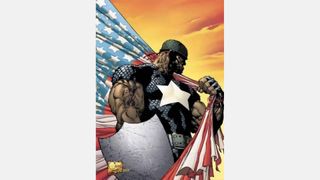
Isaiah Bradley's legacy lives on, however. Not only have his contributions and time as Captain America been recognized by Steve Rogers, who finally learned the truth about what happened after he was frozen in ice in World War 2 but he's inspired a new generation of heroes to fight his good fight.
Isaiah's own grandson, Eli Bradley (created by Allan Heinberg and Jim Cheung in 2006's Young Avengers #1), is a hero in his own right, the Young Avenger known as Patriot.
As one of the founding members of the Young Avengers (a team of teen heroes with codenames and concepts inspired by classic Avengers who formed when the Avengers were temporarily disbanded following Avengers: Disassembled), Patriot carries on the legacy not just of Steve Rogers, but of his unsung grandfather.
Originally, Patriot primarily used star-shaped shuriken and several other weapons, along with his natural fighting skills, all boosted by dosing Mutant Growth Hormone (an X-gene derived compound that gives baseline humans low-level superpowers). But when Eli was mortally wounded in battle with the Kree and Skrulls, he received a blood transfusion from his grandfather Isaiah.
Isaiah's Super Soldier Serum enhanced blood mingled with the latent genetic alterations caused by Isaiah passing his altered DNA down to his descendants, giving Eli actual Super Soldier abilities of his own, along with Steve granting him his original triangular-shaped heater shield.
Eli had a long career with the Young Avengers, however, he later essentially retired from super-heroics to become a voting rights advocate and activist in Arizona. In Eli's wake, a new Patriot, Rayshaun Lucas, has taken up the mantle. Lucas and Bradley have a friendship, with Rayhaun having maintained contact with Eli over the years.
Recently, Eli Bradley has appeared in the current US Agent limited series and was a guest at the wedding of Wiccan and Hulkling in the aftermath of 2020's Empyre limited series.
Isaiah and Eli Bradley in the MCU
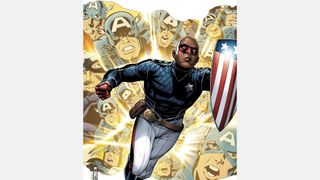
In the MCU, Isaiah's story has only scratched the surface. The Falcon and the Winter Soldier episode two introduces both Isaiah and Eli (played by Elijah Richardson), with most of Isaiah's history as a test subject and secret Captain America apparently intact, along with his incarceration.
We learn in episode three that's it's Isaiah's blood that was the key to recreating a working Super-Soldier serum created by the Power Broker that fuel the Flag-Smashers and later John Walker.
In episode five, Isaiah and Eli return, and the elder Bradley adds more information to his MCU backstory.
He reveals other Black soldiers were given different versions of Super Soldier serums, but that the rest all eventually died as a result of being injected. Isaiah also reveals that he was incarcerated for 30 years for knowing the truth ("they erased me") and so they could experiment on him to try to figure out why the serum worked on him and not the others.
Marvel Studios makes the brave choice of presenting Isaiah - who the government believes is dead - as unapologetically angry about his history and place in America and bluntly telling Sam they'll never let a Black man be Captain America that no "self-respecting Black man would ever want to be," which feeds into Sam's self-doubts about taking the mantle that fueled the premise of the series.
But some time spent at home in his supportive community and some encouragement from his sister Sarah and observing his nephews interactions with the shield, Sam arrives at his own decision.
Taking the mantle of Captain America, Sam Wilson captures the Flag-Smashers and convinces the world leaders to provide unconditional aid to the refugees of the Blip, through an impassioned plea before TV cameras seen around the world.
Afterward, he visits Isaiah once again. At first, Isaiah is cagey, but still proud of Sam's accomplishments. After a short conversation, Sam takes Isaiah and Eli to the Captain America museum, where a statue of Isaiah has been erected, along with an exhibit honoring the history of his unit, and Isaiah's own story.
Isaiah eyes well with tears and he hugs Sam for restoring a small portion of his dignity.
Though Eli remains something of a minor character (so far), it's a decent bet he'll have a role to play in the MCU going forward, thanks to his comic book roots as Patriot of the Young Avengers, who may be on their way to their own MCU adaptation.
Other Young Avengers introduced so far include Billy Kaplan (Wiccan) and Tommy Shepherd (Speed) in WandaVision, and Cassie Lang (Stature) from the Ant-Man movies. But there are many more on the horizon, with Kate Bishop appearing in Hawkeye played by Hailee Steinfeld, and the possible inclusion of Teddy Altman (Hulkling) in the upcoming Secret Invasion show, not to mention Ms. Marvel and Ironheart, two teen heroes from Marvel's other teen team the Champions, who are due for their own Disney Plus shows.
But that all said, Eli's brief moments in The Falcon and the Winter Soldier have shown him to be very protective of his grandfather, so if Eli ever takes up a role as a patriotic hero in the future, it would likely have to come with a significant character arc showing him arriving at Sam's POV rather than his own grandfather's, although that may have softened some in the series finale.
And there's one other potential implication for the MCU. In comic books, the Super Soldier experiments Isaiah Bradley survived were later revealed to be part of the 'Weapon Plus' program - the same program that includes Weapon X (aka Wolverine) of the X-Men.
For now, and to its credit, The Falcon and the Winter Soldier has introduced genuine philosophical questions around what it means to be Black in America, to be Captain America, and to serve the people of not just the United States, but the world, with Isaiah representing a very different POV than the one that drives Sam.
Isaiah Bradley is among the 10 greatest heroes who have wielded Captain America's iconic shield.
I've been Newsarama's resident Marvel Comics expert and general comic book historian since 2011. I've also been the on-site reporter at most major comic conventions such as Comic-Con International: San Diego, New York Comic Con, and C2E2. Outside of comic journalism, I am the artist of many weird pictures, and the guitarist of many heavy riffs. (They/Them)
